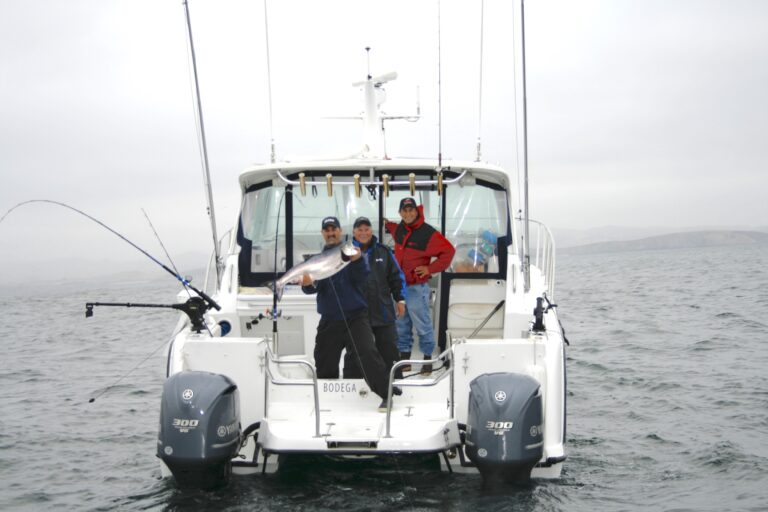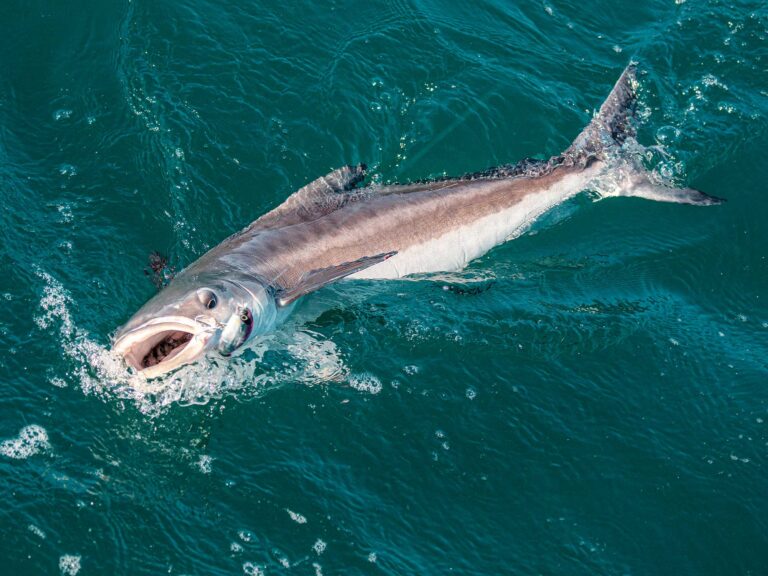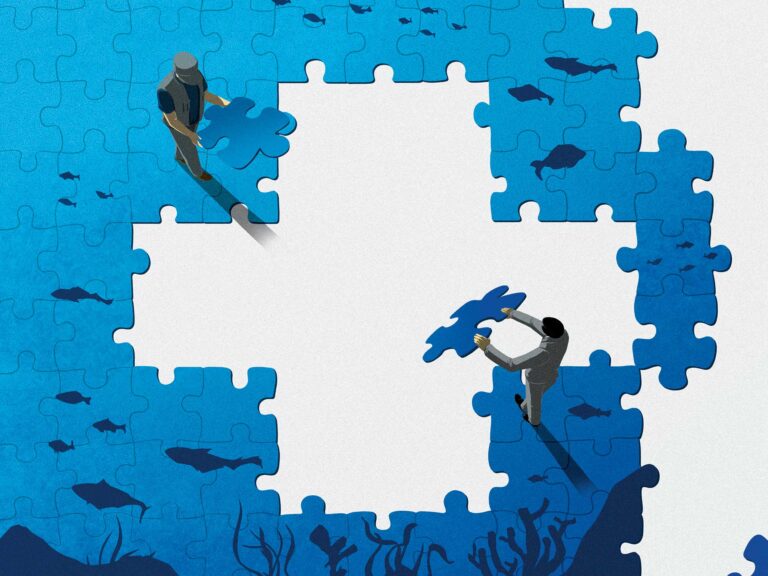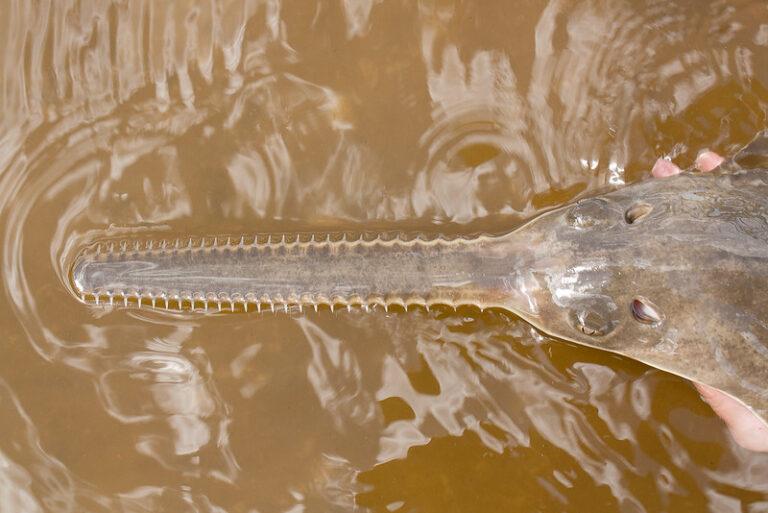A major new treaty will improve salmon runs in both countries will be implemented once the governments of Canada and the USA ratify it. Negotiators from both countries worked to rewrite the old treaty that both countries felt were unfair and counterproductive. Both nations were forced to make significant cutbacks in harvest levels in hope the treaty will eventually result in more fish for both countries.
The new treaty calls for the elimination of fishing activities that will reduce total chinook catches by more than 100,000 fish. Even so Alaska, Canada and the USA agreed that the cuts are necessary and that the bitter partisan fighting that accompanied past treaties was harmful too all involved.
The new treaty negotiated over more than over a year and a half by the Pacific Salmon Commission, calls for 15% reduction in chinook caught in southeast Alaska, and a 30% reduction in chinook harvest on the west coast of Vancouver Island. Those reductions should result in more chinook reaching Washington waters, as many of the chinook taken in Canada originated in the Columbia River and Puget Sound area rivers.
Washington governor, Christine Gregoir, hailed the treaty as good news for Washington anglers. Said Gregoir, “My hat goes off to our Canadian colleagues who saw this, as we did, as an opportunity to take a concerted effort forward on conservation.”
The new treaty was endorsed by Northwest Indian tribes and commercial fishermen. “We might be able to maintain a skeleton fishery down here while the wild [chinook] stocks are recovering,” said Doug Fricke, president of the Washington Trollers Association.
.Some fish conservation groups were less than enthusiastic about the proposed treaty Svend Brandt-Erichsen, an attorney for several conservation groups, said the benefits of the treaty may be overstated. Brandt-Erickson said it’s good to reduce chinook fishing off Vancouver Island, but it’s not clear there’s scientific evidence that a 30% reduction is the right one. The new treaty came about partially in response to litigation over the old treaty. In that litigation the conservation groups claimed that as much as 88% of the chinook caught off the West Vancouver Island coast came from US rivers.
Jeff Koenings, director of Washington State’s Department of Fish and Wildlife, was a lead US negotiator. Commenting on the agreement Koenig’s said, “With this agreement, we make a substantial down payment in our efforts to return Washington’s weak, wild chinook salmon populations back to sustainable levels,”
Understandable Alaska commercial fishermen were a bit less enthusiastic Many members of the Alaska Trollers Association believe the cuts in Alaskan fishing were a bargaining chip used simply to keep the Canadians from overfishing stocks that pass by the west side of Vancouver island. They argue that the real problem lies in habitat destruction along Washington’s rivers.
The proposed new treaty represents a major victory for U.S fishermen. In the past Alaska and Canadian commercial took the lion’s share of fish that originate in Washington. The Canadians felt justified in their actions by the fact the Alaskans were taking many Canadian fish and the Americans were taking a big chunk of Frasier River sockeye.









